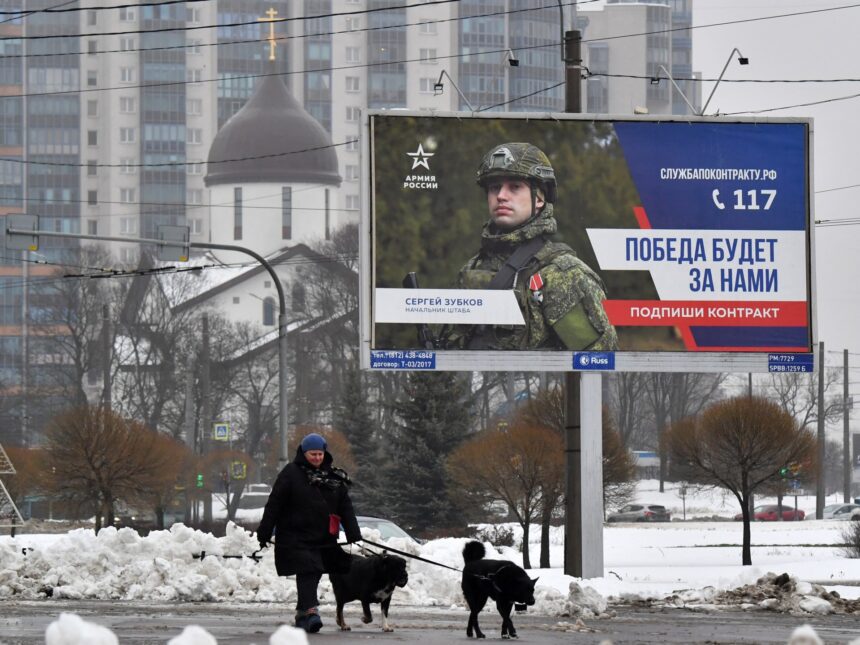On Wednesday, January 15th, the world witnessed a series of significant events unfolding.
In the realm of conflict, Australian Prime Minister Anthony Albanese vowed to take decisive action against Russia if it is confirmed that Russian forces were responsible for the death of Australian citizen Oscar Jenkins, who was captured while fighting for Ukraine. There were reports of Ukraine launching major missile and drone attacks on Russian territory, causing damage to towns and factories. In retaliation, Russia accused Ukraine of using missiles supplied by the US and UK, while also claiming to have captured Ukrainian settlements in the Donetsk region.
In the energy sector, Russia accused the US of attempting to disrupt TurkStream, an important pipeline for Russian gas exports to Europe. The leader of Moldova’s breakaway region of Transnistria sought help from Moscow to address an energy crisis caused by the suspension of Russian gas deliveries. Meanwhile, the International Maritime Organization expressed concerns about the growing risks associated with Russia’s “shadow fleet” of ships that do not adhere to safety regulations.
On the political front, Russian Minister of Foreign Affairs Sergey Lavrov praised remarks made by US President-elect Donald Trump regarding Ukraine’s NATO membership, while German Defence Minister Boris Pistorius announced plans to enhance Europe’s defense efforts in light of the incoming US administration. Ukrainian President Volodymyr Zelenskyy discussed the possibility of Western troops deploying in Ukraine to safeguard a potential peace agreement with Russia, and NATO announced plans to protect undersea cables in the Baltic Sea region following damage during the Russia-Ukraine conflict.
Overall, the events of January 15th underscored the complex dynamics at play in the ongoing conflict between Russia and Ukraine, as well as the broader geopolitical implications for Europe and beyond.






